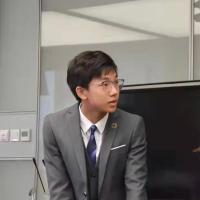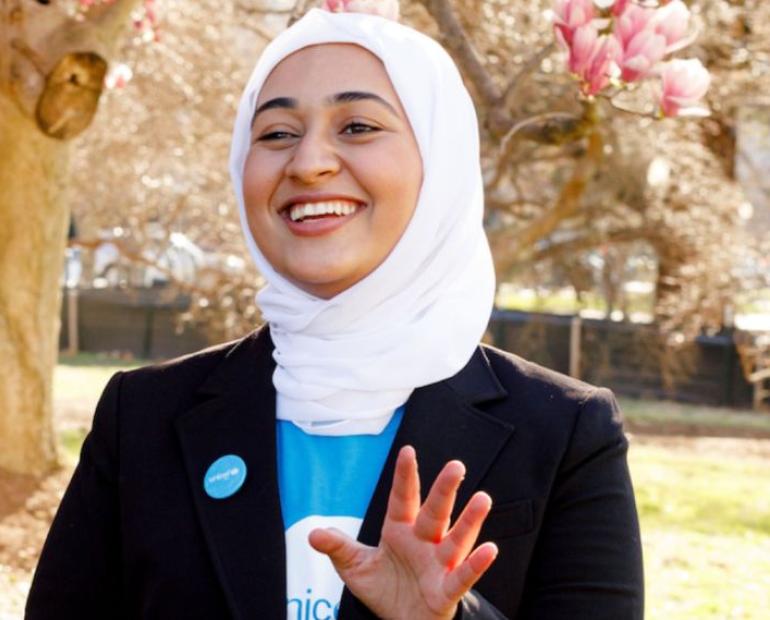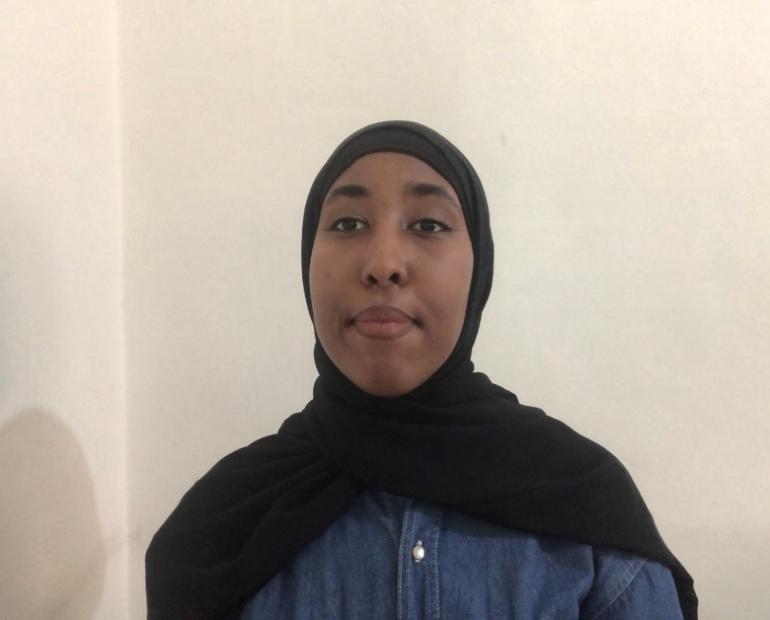
Ever since I was a kid, I’ve always loved stories. Yet, that love dwindled once I stepped into the life of a high-school freshman, where most of the “useful” reading is out of textbooks. Stories began to seem juvenile or useless, but that is far from the truth — they transmit emotions like no other. Indeed, it was a story about my family that sparked my passion for social justice. We call it the story of our family’s “Missing Four.”
During World War II, when the Japanese occupied China, they controlled everything, including the hospitals. One day, my great-grandmother took her four children to the hospital to get treated for their flu. These were the older siblings of my paternal grandfather, who had not yet been born, and that was the last time she would see them. After allegedly treating them in a “patient-only room,” a Japanese doctor told my great-grandmother, who had been waiting in the hall, that they did not make it. When she demanded to see their bodies, she was immediately refused and kicked out of the hospital. She is convinced that they had survived and were kidnapped to fill the void of young people in WW II Japan. Little did I realize that this story, repeated at our dinner table for as long as I could remember, eventually led me to create a program promoting international youth social entrepreneurship. The program is similar to what Unicef has been doing with UPSHIFT but with a particular focus on justice.
First came LACAH, which stands for the Law Association for Crimes Across History. LACAH is a mock trial tournament where we write our own cases themed around social justice topics, hoping to address current issues through studying history critically. It started really small, with just an executive team of 5 students, including myself, and it was a rocky beginning. The inaugural competition featured a pre-written case and was held at a friend’s parent’s office. We had just seven teams compete, all from Shanghai. However, we worked one step at a time to build LACAH over the following two years. We recruited esteemed judges that worked as lawyers for big firms like Tencent, gathered an international executive team of regional representatives to expand our impact, and began writing our own cases. Now, we are proud to say that LACAH is in 37+ countries worldwide, and we’ve been humbled by recent recognition by the Chinese media and the EARCOS Global Citizenship Award Grant.

Then came the podcast, which was inspired by our first LACAH tournament. Leading up to the event, we spoke to a Holocaust survivor named Mr. Jurek Rotenberg. His first-hand recounting of the tragedies of the Holocaust really touched our participants, including me. After some digging, however, I realized that none of his stories could be found online — leading me to discover the importance of oral history, eventually prompting the creation of the podcast. History 4 Two is now a podcast that examines history as well as history in the making to extract valuable lessons about social justice. Much like LACAH, History 4 Two started slow, and my first few interviews were from my immediate network. The viewership was stagnant at around 100 people, so I started reaching out via cold emails. Unexpectedly, I got a pretty good response rate, probably somewhere about 10%. Maybe my status as a teenager was an advantage, but one thing led to another, and professors became frequent guests. Other than the countless lessons I’ve learned from having discussions with these experts, hosting this podcast has reinforced that everything’s worth a shot. For example, after cold emailing and being redirected by multiple of her academic colleagues, I ended up having the opportunity to interview the brilliant Professor Erin Hutchinson about her first-hand experience in Ukraine and Russia.
Synchronously, a fortunate turn of events led me to meet a peer, Jason Li, at the Stanford e-China course I was enrolled in. The course itself had no social aspect. However, I reached out to Jason after the program to get to know him because I thought his in-class contributions were phenomenal. Fortunately, we hit it off and embarked on an entrepreneurial project together. At first, in line with justice, we wanted to start a website combatting disinformation. However, after reflecting on our resources and capabilities, we ended up pivoting to create SPOT. Standing for Student Projects Organized Together, SPOT is a platform for students to market or browse youth initiatives and meet peers internationally. It’s taken us over half a year to build, but the pilot website is ready and waiting for young change-makers to start connecting. I think LACAH would have been much easier with such a platform.

Unbeknownst to me at that time, I had set together all the pieces needed to finalize Mission Fortitude, my social enterprise that hopes to inspire social entrepreneurs, innovators, and advocates for SDG #16, in alignment with Agenda 2030. I like to analogize Mission Fortitude’s creation to the mazes at the end of magazines, where it is always easier to trace your steps backward. LACAH would give them skills for effective advocacy, History 4 Two the knowledge, and SPOT the Network. I added Wharton Social Entrepreneurship Program as an additional step to help our fellows convert ideas into tangible change.


I recently had the humbling opportunity to speak at the Global Schools Students Symposium 2022. One of their quotes encapsulates my vision: To change its course, the world needs many more of its citizens, especially the next generation, to have the knowledge, values, and skills to navigate this uncertain future better, tackle its profound challenges, and build more prosperous and resilient communities. I hope that Mission Fortitude can play a key role in this movement.
So did I start my social enterprise at 15? Yes. Did I mean to? Not really, but I have been fortunate enough for my work to have touched over 5,000 people in 45+ countries. Now I’m not advocating for trying to make a change without a plan, but I am encouraging you to begin ideating and prototyping if there is an injustice that you want to tackle. Too much speaking and not enough action is why the world still faces so many global issues.
Along this journey, I’ve learned many valuable lessons, including that one person alone will never be able to tackle such large issues. However, an entire generation of change makers has the potential to instill this paradigm shift towards a more just and equitable world. Hopefully, you will all join me on this journey to inspire a movement that will build sustainable solutions to dismantle these unsustainable injustices. The world has enough problems without humans hurting other humans.
Nikhil Seth (Executive Director, UNITAR)






